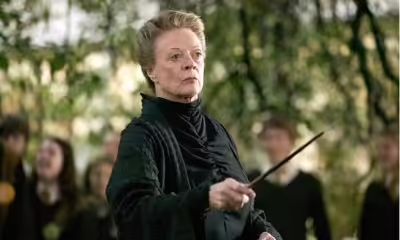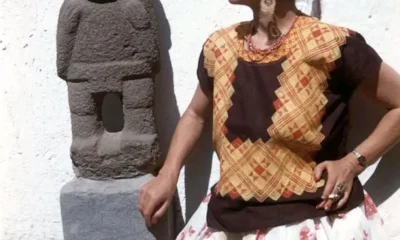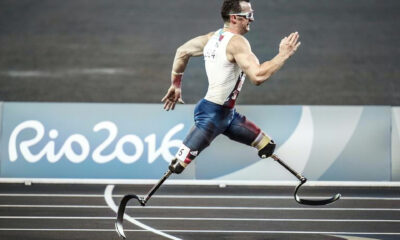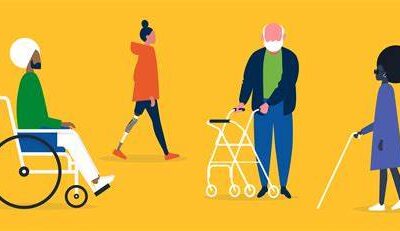Featured
The Trailblazer Series: The Intellectuals
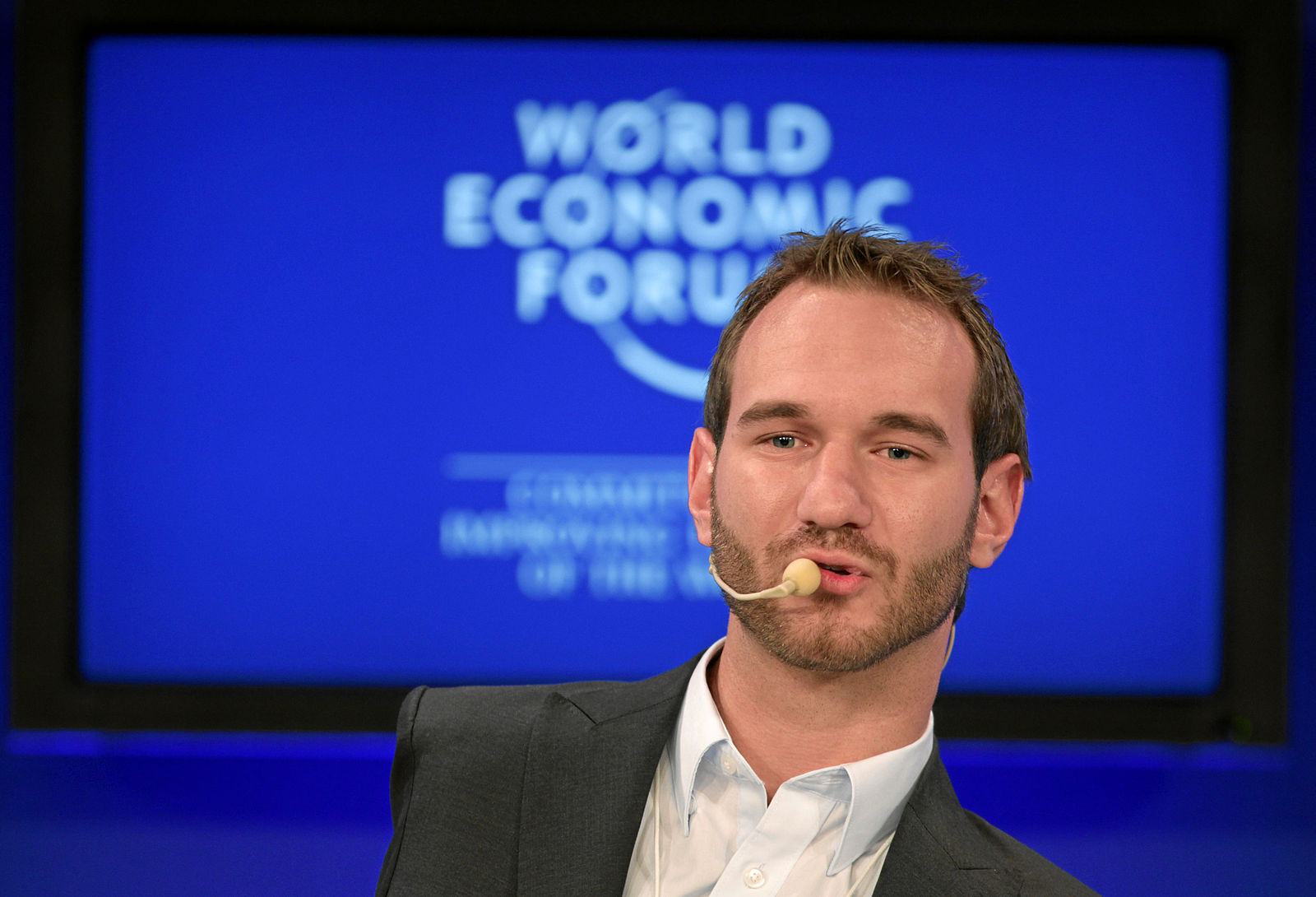
Stephen Hawking
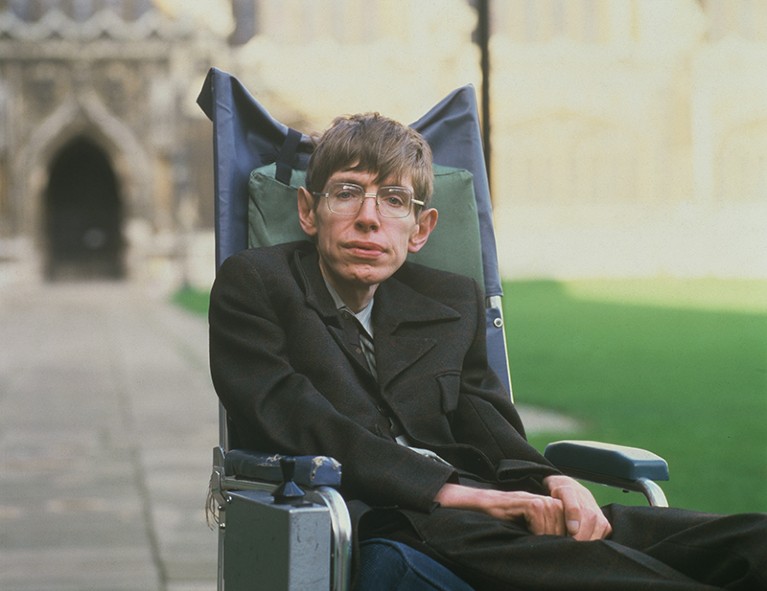
© Getty Images
Stephen Hawking, who lived from January 8, 1942, to March 14, 2018, was one of the most well-known scientists in history. Due to ALS, he was verbally impaired, therefore, Prof. Hawking had to use a customized wheelchair that had a computer placed on it that could speak for him.
Hawking was a renowned theoretical physicist who made important discoveries about the universe’s operation. One of many of his significant scientific accomplishments is the discovery of Hawking radiation. Additionally, in 1974, Professor Stephen Hawking was chosen as a Fellow of the Royal Society (FRS). In 2009, he received the Presidential Medal of Freedom, the nation’s highest, st civilian honour. He also received numerous accolades for his contributions to science. He might be the most well-known disabled person in the entire globe.
Helen Keller
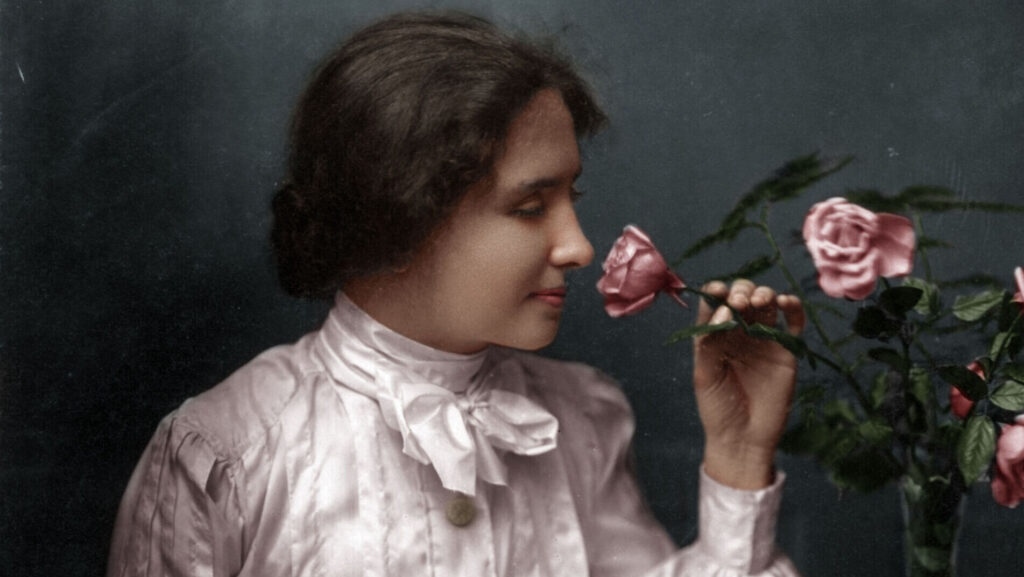
© Getty
Helen Keller (June 27, 1880–June 1, 1968) is arguably the best-known representative of people with disabilities. At the age of 19 months, she developed a disease that left her deaf and blind. Keller continued to become the first deaf-blind graduate in history. The Story of My Life, Helen Keller’s autobiography, is regarded as a classic work of English literature. She traversed the globe in support of causes like socialism, women’s suffrage, labour rights, and antimilitarism.
Nicholas Vujicic
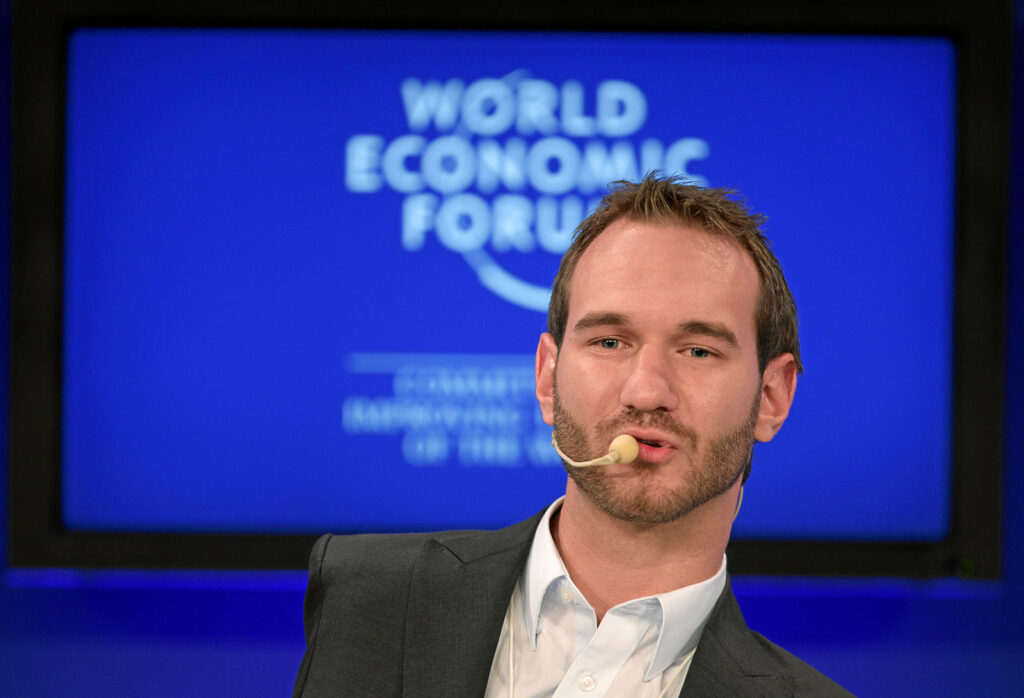
© Sebastian Derungs
Nick Vujicic was born in Melbourne, Australia. He was born without arms or legs due to the unusual condition known as phocomelia. Nick went on to graduate from Griffith University at the age of 21 despite all the challenges his condition presents. Nick is the creator of “Attitude is Altitude” and a well-known motivational speaker across the world.
Samantha Renke
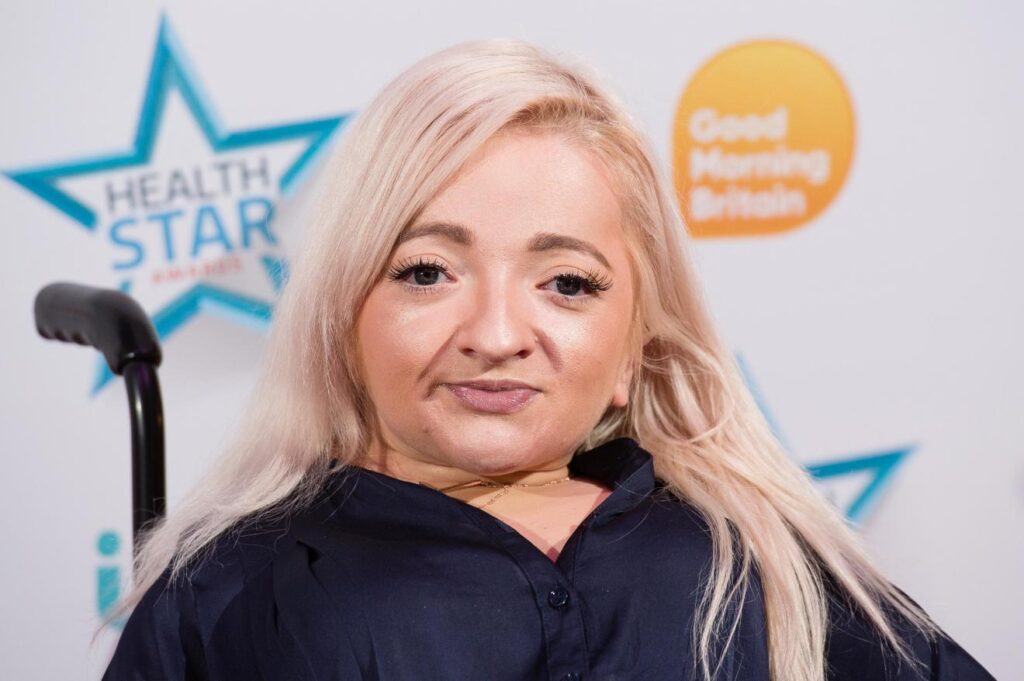
© Getty Images
Samantha Renke is a presenter, disability activist, inclusion and equality consultant, keynote speaker and columnist for the Metro newspaper in the UK. Samantha has dedicated her career to changing the workplace for disabled people and encouraging better representation of disabilities in the media. Now, Renke is the Disability Lead at Paramount, The Diversity Trust and UNLRN.
John Nash
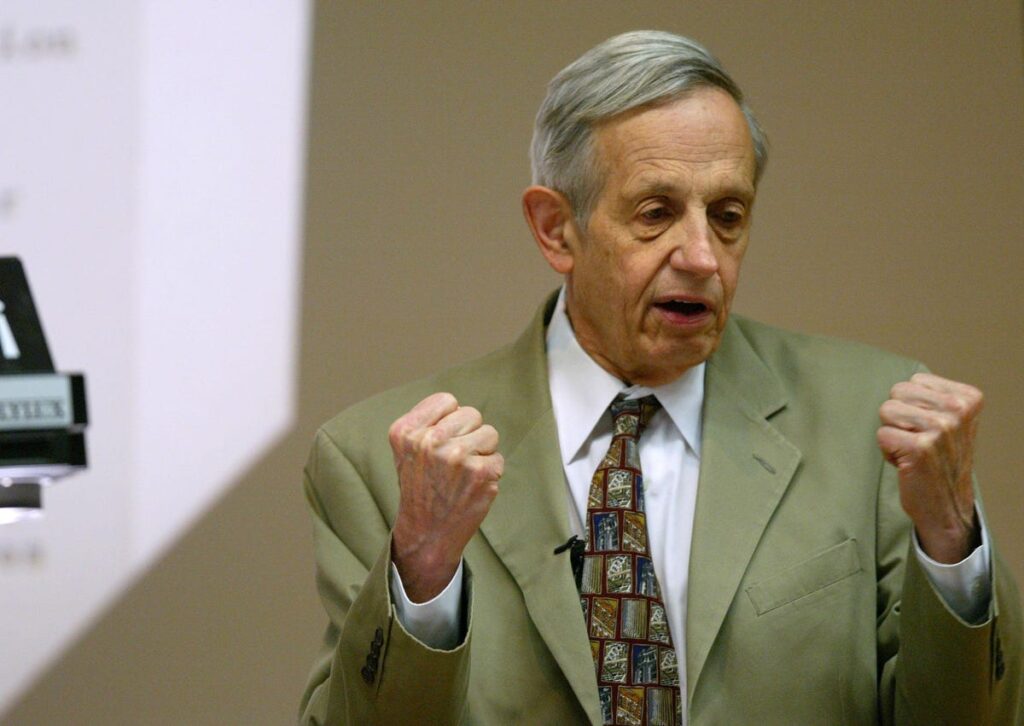
© Getty Images
John Nash was a world-renowned mathematician. He won the Nobel Prize in Economics in 1994 for pioneering the analysis of equilibrium in the theory of non-cooperative games. In 1959, Nash was diagnosed with paranoid schizophrenia. Despite his ongoing battle with his disease, Nash excelled in mathematics. He taught at the Massachusetts Institute of Technology and Princeton University. The Oscar-winning film A Beautiful Mind was based on the life of John Nash (1998). Russel Crowe played Nash, and Ron Howard beautifully directed this masterpiece.
Frida Kahlo
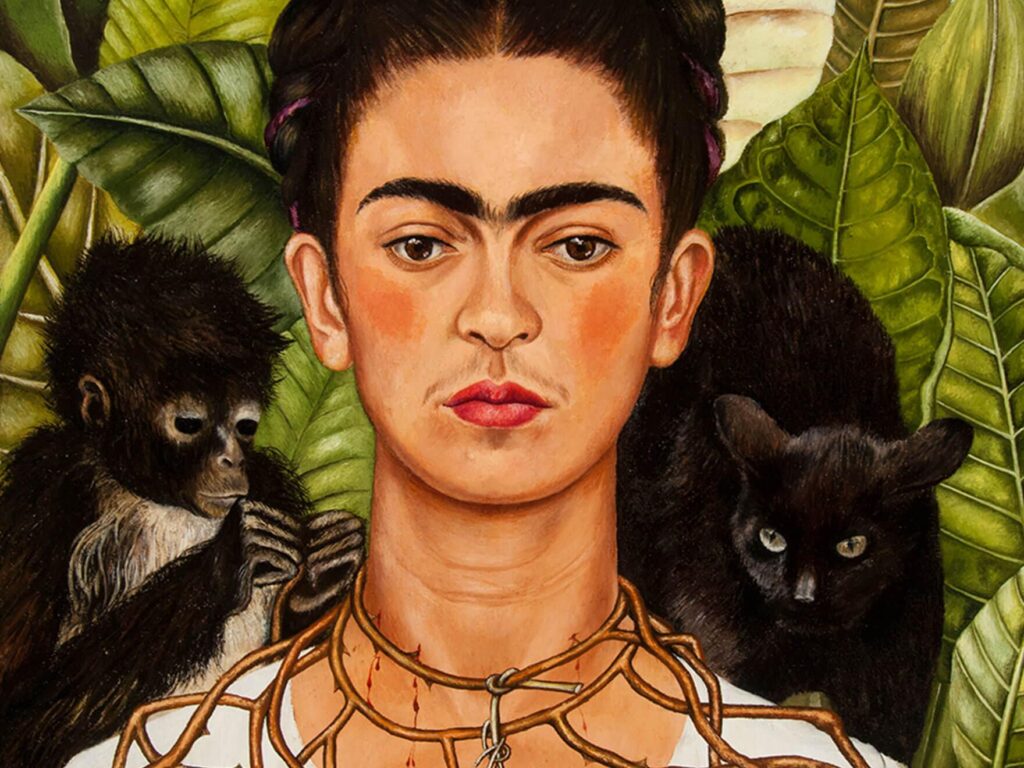
© The University of Texas
Frida Kahlo was a Mexican painter who was six years old when she was diagnosed with polio. Her condition caused her right leg to become shorter and thinner than her left. In 1925, Kahlo was involved in an accident that exacerbated her condition. She spent the majority of her life in bed, in excruciating discomfort. Despite this, Kahlo went on to become one of the most recognized artists and a cultural icon.
Frida Kahlo’s most famous works include Henry Ford Hospital (1932), My Birth (1932), Self-Portrait on the Borderline Between Mexico and the United States (1932), Memory, the Heart (1937), What the Water Gave Me (1938), The Two Fridas (1939), Self-Portrait with Thorn Necklace and Hummingbird (1939), and Self-Portrait with Thorn Necklace and Hummingbird (1939). (1940).
Louis Braille
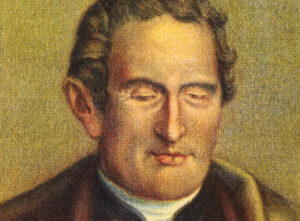
© Getty Images
Louis Braille became blind in one eye, at the age of three, as a result of an accident. This led Braille Louis Braille to devise a reading and writing method for the visually impaired. This tactile approach is known as Braille language. Braille began working on his touch-based programming while still a student. He won a scholarship from the Royal Institute for Blind Youth. Braille originally revealed his code system in 1824.
Featured
Seven Supermarket Chains Under Fire for Introducing Inaccessible Fridges

In a push for innovation and energy efficiency, seven major supermarket chains including, Aldi, Asda, Lidl, Morrisons, Sainsbury’s and Tesco have introduced new fridges across their stores. While the rollout is being celebrated for its potential to reduce environmental impact, the move has sparked a backlash from the disabled community, who argue the design disregards accessibility needs.
Many disabled shoppers report that these designs create significant barriers for people with mobility impairments, visual impairments, and other disabilities.
Key Accessibility Concerns
- Heavy or Complex Doors
Some of the fridges feature heavy sliding doors or mechanisms requiring significant dexterity or strength. For those with arthritis, muscular disorders, or limited upper body mobility, opening the doors becomes an impossible task. - Crowded Layouts
Reports from disabled shoppers also highlight how narrow aisles and tightly packed fridge layouts exacerbate the problem, making it difficult for those using mobility aids to maneuver around these installations.

Impact on Disabled Shoppers
Disabled shoppers have expressed frustration, describing the rollout as a step backward in the fight for inclusion. Sarah Johnson, a wheelchair user and disability advocate, shared her experience:
“It’s demoralizing. I used to shop independently, but now I need help with basic things like getting a carton of milk. These designs weren’t made with people like me in mind.”
Others have voiced concerns about the message this sends. Activist Marcus Wong commented:
“These inaccessible fridges highlight a broader issue in retail: a failure to consult the disabled community during design processes. Inclusion needs to be part of the blueprint, not an afterthought.”
Supermarkets’ Response
Some supermarket chains have issued statements defending the changes. A spokesperson for one chain said:
“The new fridges are part of our commitment to sustainability and energy efficiency. We’re actively seeking feedback to ensure they work for all customers.”
However, critics argue that this response lacks urgency. While environmental considerations are crucial, they contend that accessibility shouldn’t be sacrificed for progress.

Calls for Action
Disability advocates are urging supermarkets to take immediate steps to address these barriers. Key recommendations include:
- Consulting with disabled shoppers during future design processes.
- Implementing universal design principles to ensure fridges are accessible to all customers.
The issue also highlights the importance of adhering to accessibility laws, which often mandate equal access to goods and services.
Conclusion
The introduction of inaccessible fridges by seven major supermarket chains underscores a growing tension between technological innovation and inclusivity. While strides in sustainability are important, they must not come at the cost of excluding disabled shoppers. As calls for accessibility reforms grow louder, the spotlight is on these supermarkets to demonstrate their commitment to serving all members of their communities.
Featured
Disability Rights Campaigners Call for Assisted Dying Legislation
Disability rights campaigners are urging MPs and peers to support assisted dying legislation. They emphasize that everyone deserves the chance for a good death. This call is led by Tom Shakespeare, a prominent professor of disability research at the London School of Hygiene & Tropical Medicine.
Supporting Terminally Ill Individuals
The group expresses solidarity with terminally ill individuals who seek the option of assisted death. They acknowledge the concerns raised by opponents regarding the value society places on disabled lives. A documentary titled Better Off Dead? by actor Liz Carr highlights these risks. However, Shakespeare and his co-signers argue that disabled people represent a diverse community. Their experiences and opinions vary significantly.
In a letter to parliamentarians, the campaigners state, “We know some prominent disabled individuals oppose assisted dying. However, polling shows this view is not representative of the majority.” They point to an Opinium poll conducted for Dignity in Dying, indicating that nearly 80% of disabled individuals support assisted dying legislation.
The Right to Autonomy and Control
The letter emphasizes that all individuals deserve a good life and the autonomy to make decisions about their futures. It highlights the importance of independent living. As people approach the end of their lives, they should also have the option for a dignified death, with various choices available.
The campaigners express concern that too many individuals suffer in pain. They argue that assisted dying legislation is a compassionate response to this suffering. The proposed law in the UK focuses on terminally ill, mentally competent adults. This legislation has not expanded in similar laws in Oregon, Washington, and other US states.
Upcoming Legislative Debate
A private member’s bill, introduced by Labour MP Kim Leadbeater, aims to legalize assisted dying for those who meet specific criteria. The bill is scheduled for discussion next month in Parliament. If it receives initial support, it will undergo further scrutiny by committee members.
Although the sentiment for assisted dying legislation may have shifted since the overwhelming rejection in 2015, the outcome remains uncertain. The letter has also been signed by several prominent individuals in the disability rights community, further demonstrating support for this crucial issue.
Election 2024
Voters with Disabilities: Feeling Overlooked in the 2024 Presidential Race

A new Rutgers University report estimates 40.2 million eligible voters in the upcoming U.S. presidential election are disabled. When factoring in people who live with someone who has a disability, nearly one-third of the voting population is involved. Despite this, many voters with disabilities feel overlooked, especially on health care—a central campaign issue.
A Growing Voting Bloc
As the U.S. population ages, the number of voters with disabilities is increasing. However, many challenges still exist. These include inaccessible campaign materials and the fact that candidates like Donald Trump and Kamala Harris rarely address disability-related issues, such as the ongoing impact of COVID-19. Trump recently made comments at a rally that were viewed as discriminatory by advocacy groups.
Advocates Demand Recognition
Dom Kelly, founder of New Disabled South, says this voting bloc is essential. “We are their path to victory,” he insists, warning that ignoring this community could affect election outcomes. Matt Mills, a 41-year-old voter from Ohio who has lupus and other health issues, supports Harris for her health policies but still feels disabled voters are often overlooked.
Mixed Experiences with Candidates
Jim Piet and Patricia Vincent-Piet, a married couple from New Hampshire who both have cerebral palsy, have had varied interactions with political candidates. Some have been receptive, while others have not. Their main concern is policy, especially Medicaid, which provides essential support to people like Jim. They plan to vote for Harris due to fears that Republicans may cut Medicaid services.
Damaging Political Rhetoric
Trump has a history of offending the disabled community, such as when he mocked a disabled journalist in 2015. Recently, he falsely claimed at a rally that Harris was “mentally impaired,” leading to criticism from advocacy groups. Meighan Stone, who uses a wheelchair due to long COVID, emphasizes that the issue goes beyond offensive comments. “We live with this discrimination daily,” she says.
Addressing the Issues
The Harris campaign has taken steps, such as hiring Anastasia Somoza, a disability advocate, as its disability engagement director. Somoza, who has cerebral palsy, has been working to ensure campaign events are accessible, offering virtual options. However, a recent virtual event fell short, causing frustration for voters like Marissa Ditkowsky, who has muscular dystrophy. Technical issues such as missing closed captioning and a sign language interpreter made the event less accessible.
Ensuring Voting Accessibility
The U.S. Election Assistance Commission is working to ensure voters with disabilities can vote independently and privately. Commissioner Benjamin Hovland stresses the need for better training for poll workers. Training will include ways to assist those with anxiety or who process information differently.
Patti Chang, a blind voter from Chicago, explains that exclusion goes beyond the political sphere. “Society needs to expect more inclusion,” she says. “This issue doesn’t just affect voting; it’s everywhere.”
Conclusion
With millions of voters with disabilities preparing to vote, both campaigns need to address their concerns. Making campaign platforms accessible and engaging with these voters could have a significant impact on the election.

